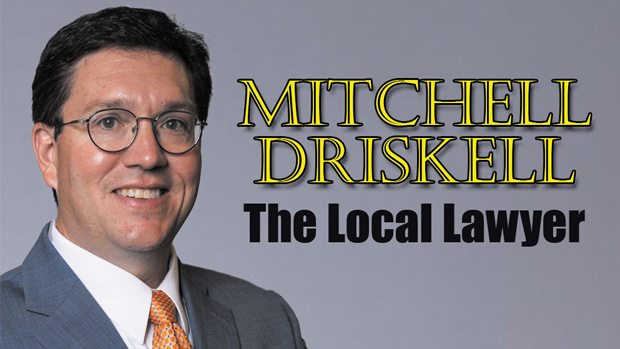
California Policy Projects Pork Pen Proportions
Californians buy 13 percent of the pork sold in the United States, nearly 100 percent of the pork comes from out of state. In 2018, California passed a law that says any pork product sold in California must come from free range pigs (I am paraphrasing, but that is the gist).
The vast majority of pork raised in America does not comply with the law and could not be sold in California. Also, the way the pork market works, with cuts of meat from various producers being combined before sale, it’s likely all pork would have to meet California standards, regardless of where it’s sold.
Complying with the Pork Law could cost the industry $290 million to $350 million, or so says the two pork industry groups that sued California claiming that the law was unconstitutional.
The Commerce Clause!
States can pass consumer laws, no argument about that, but there is a limit. The Constitution says that only Congress can regulate interstate commerce. Therefore, the Supreme Court has reasoned, a State may not pass laws that put an undue burden on interstate commerce. The question usually comes down to how much burden is too much.
A state can pass a law that requires a specific, unique label, and because it is a pretty simple matter to, at the end of a product’s production, put different labels on for different states. If the law requires a simple add-on of a feature, or removal of a feature, those laws typically pass constitutional muster.
The pork industry argues that the California Pork Law projects California law into other states—a hog farmer in Iowa will be facing California farming regulations which is not the same as the pork processing plant packaging the end product to meet a labeling law. Boring?
Perhaps, but this issue is where the constitutional rubber meets the road—balancing the power between the states that are separate, individual governmental entities yet united into one country.
Mississippi Day-Scare
Five lunatics in North Mississippi are facing felony child abuse charges after posting videos on social media in October. The videos come from workers at the Lil’ Blessings Child Care & Learning Center in Hamilton, about an hour from Oxford.
The videos show one of the day care workers wearing a Halloween “Scream” mask and screaming at children who didn’t “clean up” or “act good.” Children can be seen bawling, cowering in fear, and at times running from the masked employee.
Another employee then chimes in and gives directions, singling out which children have acted good or bad, and then the masked employee gets in the bad kids’ faces. And they did this at least on two separate occasions, evidenced by the two separate videos posted on social media weeks apart.
Four of the women each face three counts of felony child abuse, a charge which carries up to life in prison. A fifth woman faces charges of failure to report abuse by a mandatory reporter and simple assault against a minor , both misdemeanors carrying up to one year in jail.
You Can’t Sue the King in the King’s Court
Government immunity from lawsuits has existed since the Middle Ages. Kings owned and ran the Courts, not surprisingly, their rule was that you cannot sue me in my own Court. This rule became and still is English and American law. This governmental immunity from lawsuits extends to government employees who are doing their government job at the time that they injured/harmed you.
But, there is an exception, you can sue the government if the government lets you sue it.
Today, the Federal Government and every state in the union has passed laws that allow you to sue them but only in specific situations and usually with a limit on the amount of money you can be paid as compensation for your damages, no matter how unfair it might be.
One of the lawsuits that the Federal and state governments do not allow you to bring against them is defamation. Journalist E. Jean Carroll claims that President Trump raped her in the mid-1990s.
While President, a reporter at the White House asked Trump about the allegation, and, in typical Trump fashion, he said she was not his “type” and claimed she made up the whole story to boost sales of her book out at the time.
Carrol sued Trump for defamation, but last month a court held that Trump was immune from a defamation suit because he was a federal employee acting in the course and scope of his employment when he made the comments. A higher up Court is set to review that decision in January, and the issue will likely see the Supreme Court’s docket soon.
Government immunity—keep it inmind any time that you think the government or a government employee hasdone you wrong.
Mitchell Driskell practices law with the Tannehill Carmean firm and has been an Oxford lawyer for twenty two years. You can call him at 662.236.9996 and email him at mitchell@ tannehillcarmean.com. He practices criminal law, civil law, and family law.



